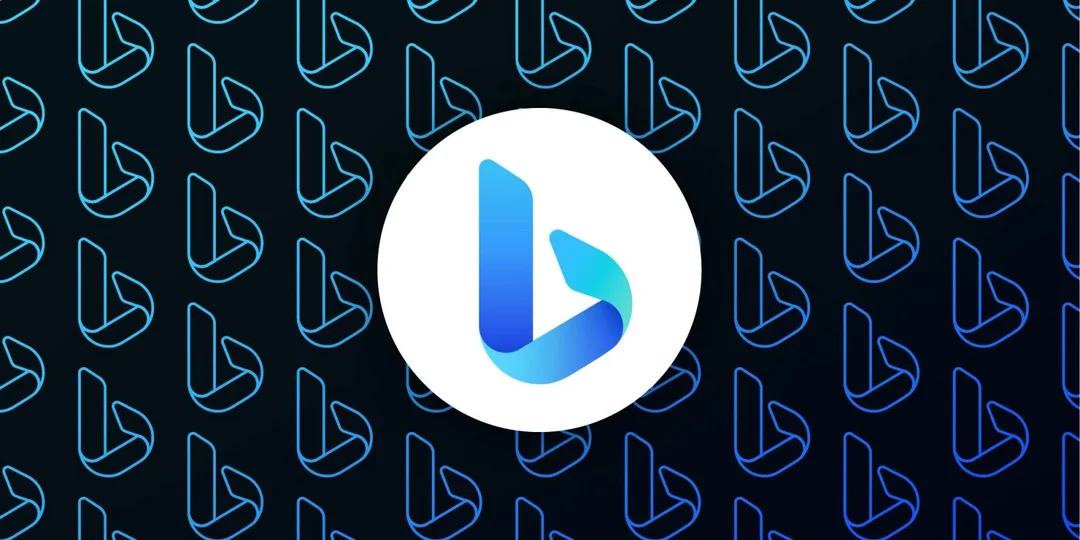
Microsoft Pulls the Plug on Bing Search APIs: A Shift Towards AI Chatbots
Microsoft is making a significant change in its search strategy, retiring its Bing Search APIs on August 11th. This move, quietly announced earlier this week, will impact third-party developers and smaller search engines that rely on Bing's search results to power their services. The company is now recommending developers transition to "grounding with Bing Search as part of Azure AI Agents" as a replacement, signaling a clear shift towards AI-powered chatbot solutions.
The decision to retire the Bing Search APIs comes after years of Microsoft providing access to its search data, enabling other search engines to save on the expensive process of crawling and indexing the web. Companies like DuckDuckGo, Brave, and You.com have all benefited from these APIs, building their own search experiences on top of Microsoft's infrastructure. While DuckDuckGo will retain access, many smaller developers face an uncertain future.
Why the change? Microsoft appears to be focusing its resources on AI, particularly in the realm of chatbots. Azure AI Agents, the suggested replacement, provides summaries rather than raw search results, optimized for a more limited set of circumstances. Some developers express concern that this new system offers "tighter integration and less flexibility" compared to the previous APIs.
The move also follows increases in prices for accessing Bing data in recent years, with some users experiencing tenfold cost increases after the debut of ChatGPT in 2022. This prompted many to invest in their own web indexing infrastructure. It also comes just days after the US Department of Justice asked a court to split up Google’s ad tech empire, potentially opening the door for Microsoft to gain access to Google's search data in the future.
Privacy researcher Tim Libert highlighted the value of Bing APIs for tasks like querying lists of hospital names, a process that the new AI-powered system is less suited for. Some developers argue that no current alternative is as robust or feature-rich as the Bing APIs, given the significant resources Microsoft invested in developing them.
Microsoft spokesperson Donny Turnbaugh claims that the pivot to the newer AI offering "better meets market demand for having AI solutions" and that Microsoft has a "support plan in place" for affected customers.
This transition reflects Satya Nadella's vision, expressed in April 2023, of a "generational shift" in web search driven by generative AI. Microsoft sees chatbots as the future of information seeking, hoping to increase engagement with Bing and Edge through these AI-powered experiences. The company recently saw a 10% rise in revenue from consumer subscriptions to Office 365, potentially driven by the inclusion of AI features.
What does this mean for the future of search? Microsoft's decision to retire the Bing Search APIs signifies a growing emphasis on AI over traditional search methods. Will this strategy pay off, or will it leave a gap in the market for developers who need raw search data? What are your thoughts on this significant shift in the search landscape? Share your opinions in the comments below!